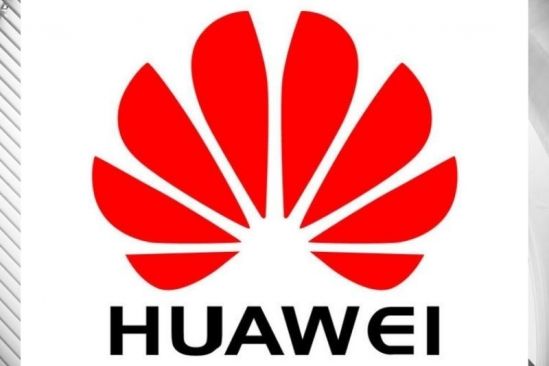[Shenzhen, China, March 9, 2021] Huawei and Financial Times Live on March 3 hosted a webinar comprising an expert panel of women leaders in tech to discuss what it takes to diversify tech talent through education, with a focus on how to empower women in the industry. Moderated by FT Tech News Editor Malcolm Moore, the speakers included Sue Black OBE, Professor in Computer Science at Durham University, Sarah Greasley, CTO of Direct Line Group, and Pallavi Malhotra, Director for ICT Academy Programme, Western Europe, Huawei. The panel acknowledged that the gender gap in technology continues to be a very real issue with the pandemic accentuating the need to close the divide. Acceleration of digital transformation in various industries has created massive shortage of a skilled workforce that can be realistically addressed only through attracting and retaining more female talent.
The Global Gender Gap Report 2020 released by the World Economic Forum states that while there has been a significant rise in interest and adoption of technologies such as cloud computing, data analytics and artificial intelligence (AI), female workers only make up an estimated 26% of workers in data and AI roles, 15% of workers in engineering roles and 12% of workers in cloud computing roles.
This data mirrors the findings of a report on Gender Gap in the tech industry published by PricewaterhouseCoopers UK, which highlights that only 3% of females say a career in technology is their first choice, and over a quarter of female students said they had been put off from a career in technology because it’s too male-dominated.
Speaking on the issue of how the gender gap in technology starts at school and continues into further education and beyond, Speaking on the issue of how the gender gap in technology starts at school and continues into further education and beyond, Sue Black OBE, Professor of Computer Science at Durham University and founder of the #techmums initiative said, "Support has to be extended to girls from a young age when they are ready to make their choice of subjects for their GCSEs and prior to that if possible. Technology is the future, it provides us with a suite of tools to solve all kinds of real-world problems around us from climate change to saving countless lives. We need to tell stories and showcase how technology helps connect people from all sorts of backgrounds and experiences to solve the big issues we face today. Technology has the capacity to dramatically change lives. Families and parents can have an important role to play in encouraging more young girls into tech.”
Sarah Greasley, CTO of Direct Line Group added "A change of approach is important, where we don't talk down to girl students, but rather engage them to understand that technology comes with a purpose. Only when we encourage girls to be curious, we make technology fun and interesting for them, and when we provide them with appropriate role models and mentors can we hope to overcome the gender imbalance in science, technology, engineering and mathematics (STEM) subjects at school. "
Reiterating the importance of education and ensuring it is accessible to all, Pallavi Malhotra, Director for ICT Academy Programme, Western Europe, Huawei added, " We believe that the future of the workplace will become increasingly flexible and virtual, but we also observe that large gaps still exist, including a gap in access to a quality network, a gap in digital skills as well as a gender gap. By empowering women with the skills they need, we can fundamentally support women to look at careers in tech. By improving industry-academia engagement, we can increase knowledge sharing between businesses and academic institutions, create great content and curriculum that will help attract more women and more young people from diverse backgrounds into tech."
Huawei is committed to promoting diversity and inclusion through digital skills training. Some of the company's initiatives include its global education program, ICT Academy that since its launch in 2013 has worked closely with more than 1500 academic institutions worldwide, helping improve teaching capabilities in ICT skills and promoting inclusive digital skills education for future generations. In 2020, the fifth Huawei ICT Competition attracted close to 150,000 students from more than 82 countries and regions - among them an increasing number of outstanding female students.
Other programs include the Smart Bus in Europe, which aims at providing training for children in the 11 to 15 age group, on safe-surfing on the Internet, data security, and protection against cyberbullying. In the developing regions too, Huawei has been committed to a number of CSR projects such as the DigiTruck. Launched with partners in 2019 in Kenya, the project has already provided digital skills training to more than 1700 young people in remote and rural areas of the country.
The webinar was broadcast live on live.ft.com. To access the full recording, please click here.







